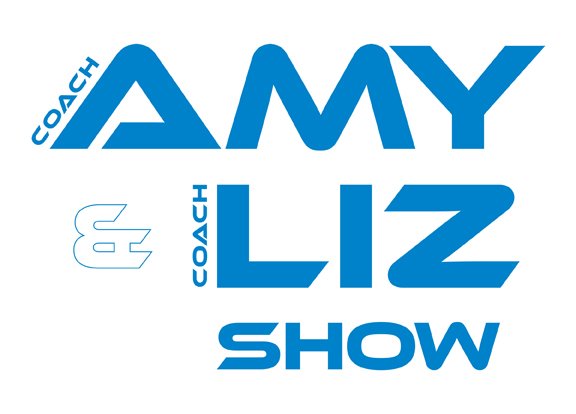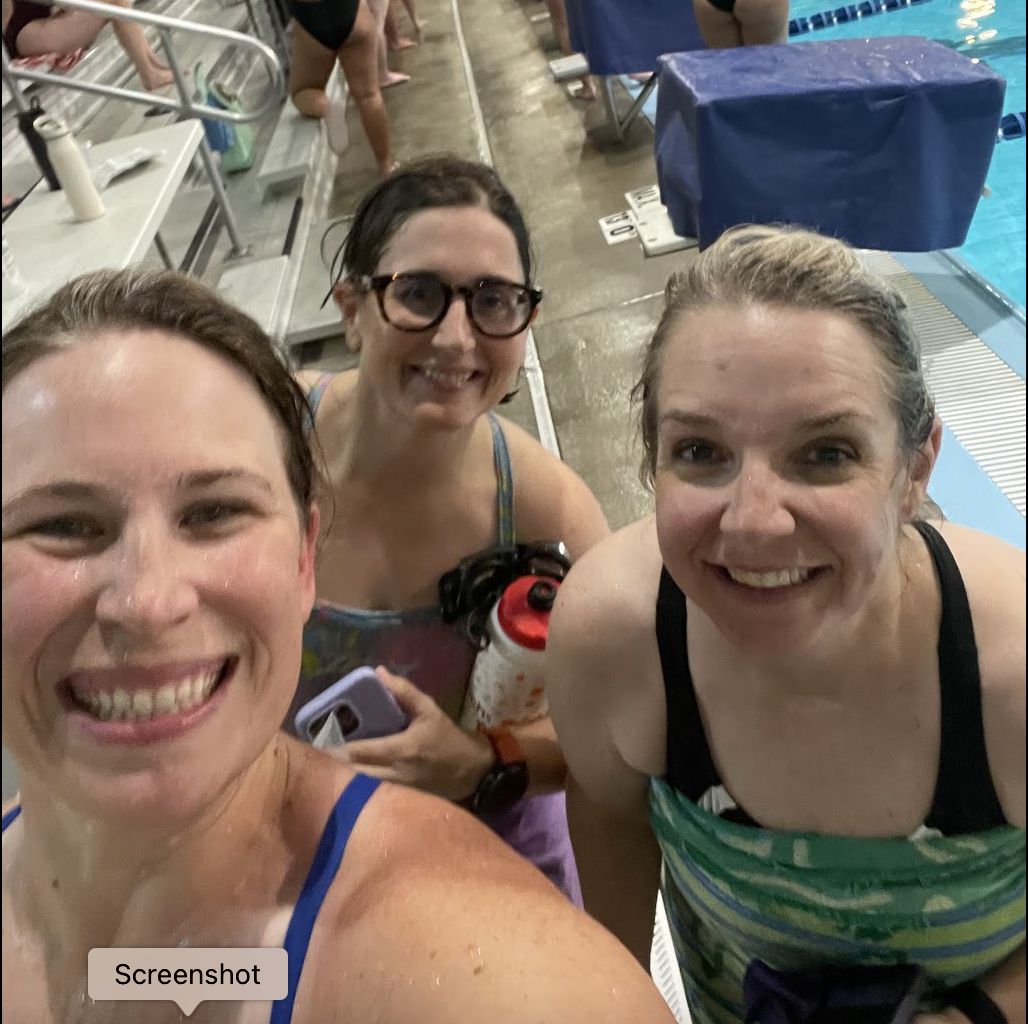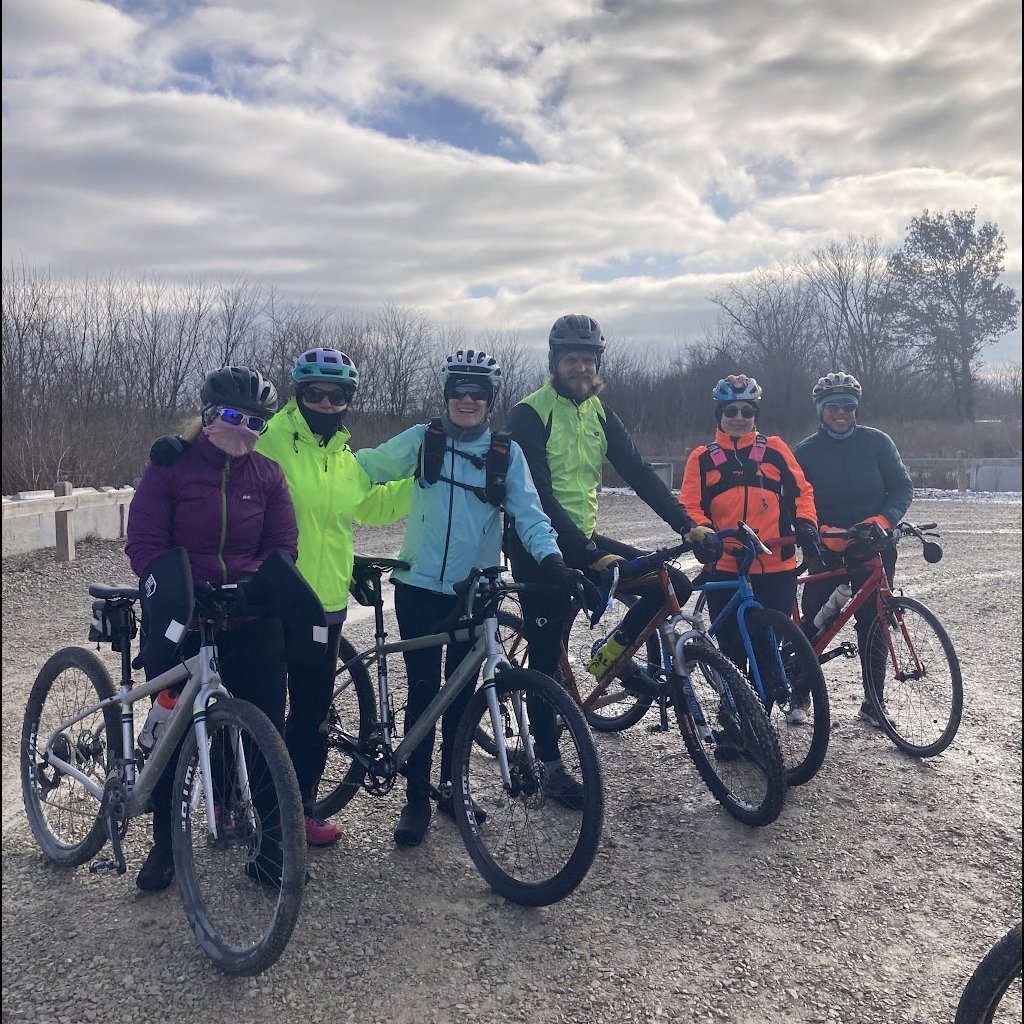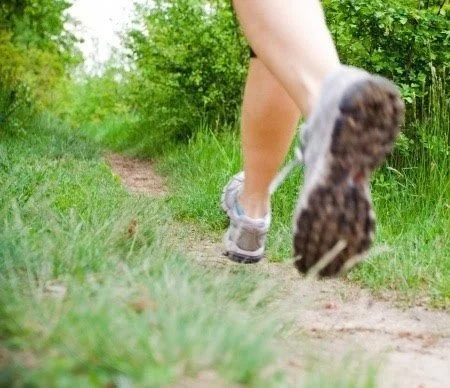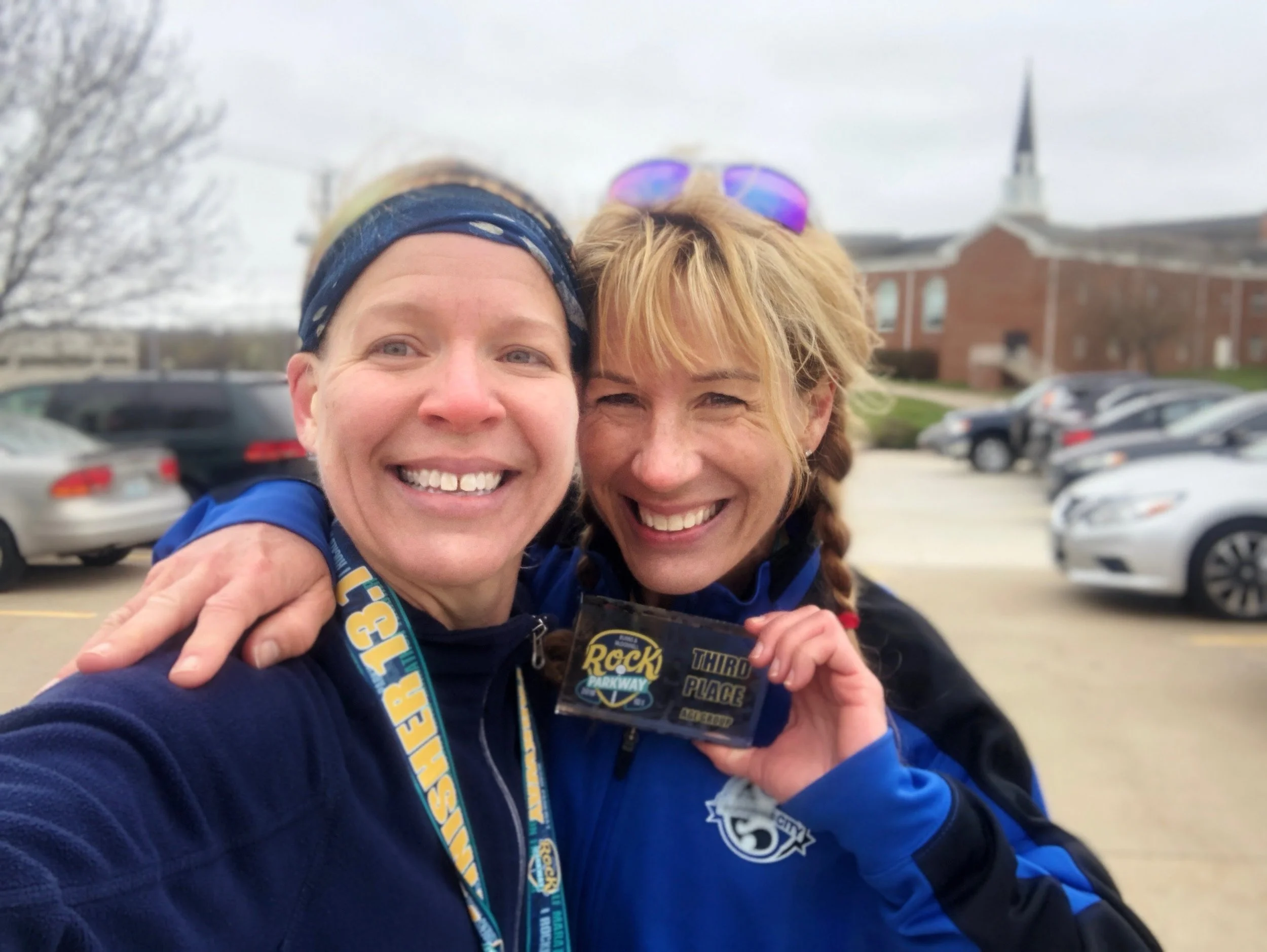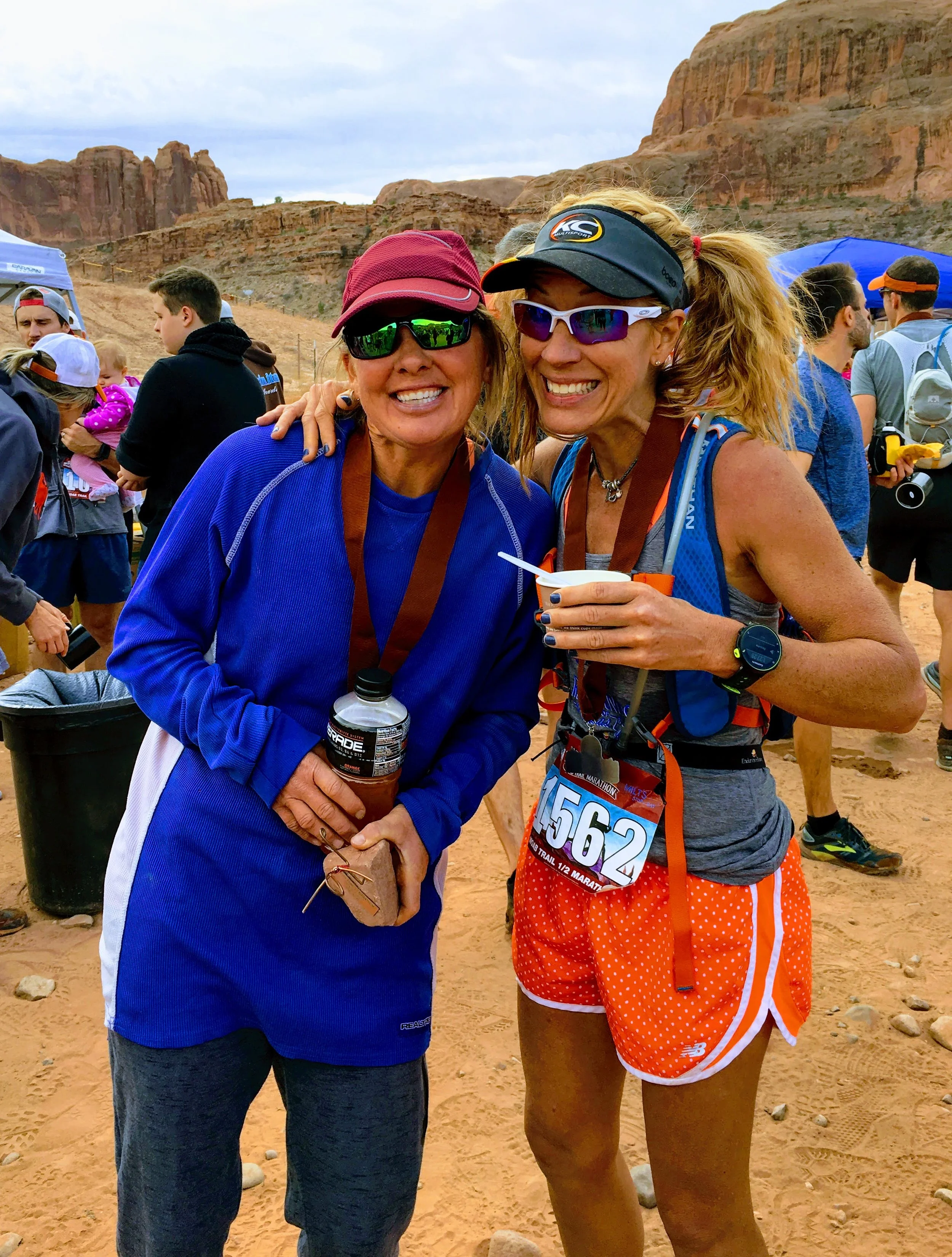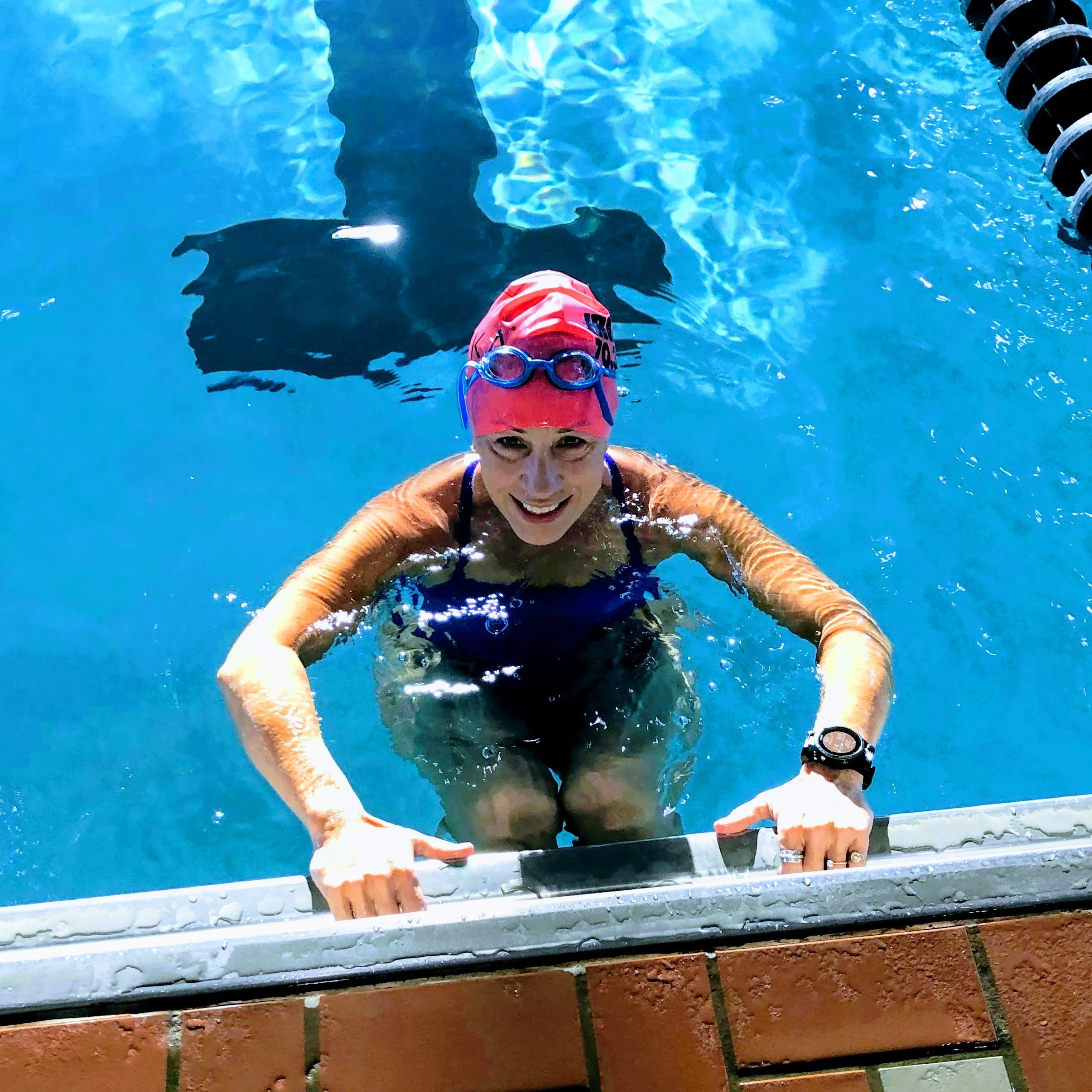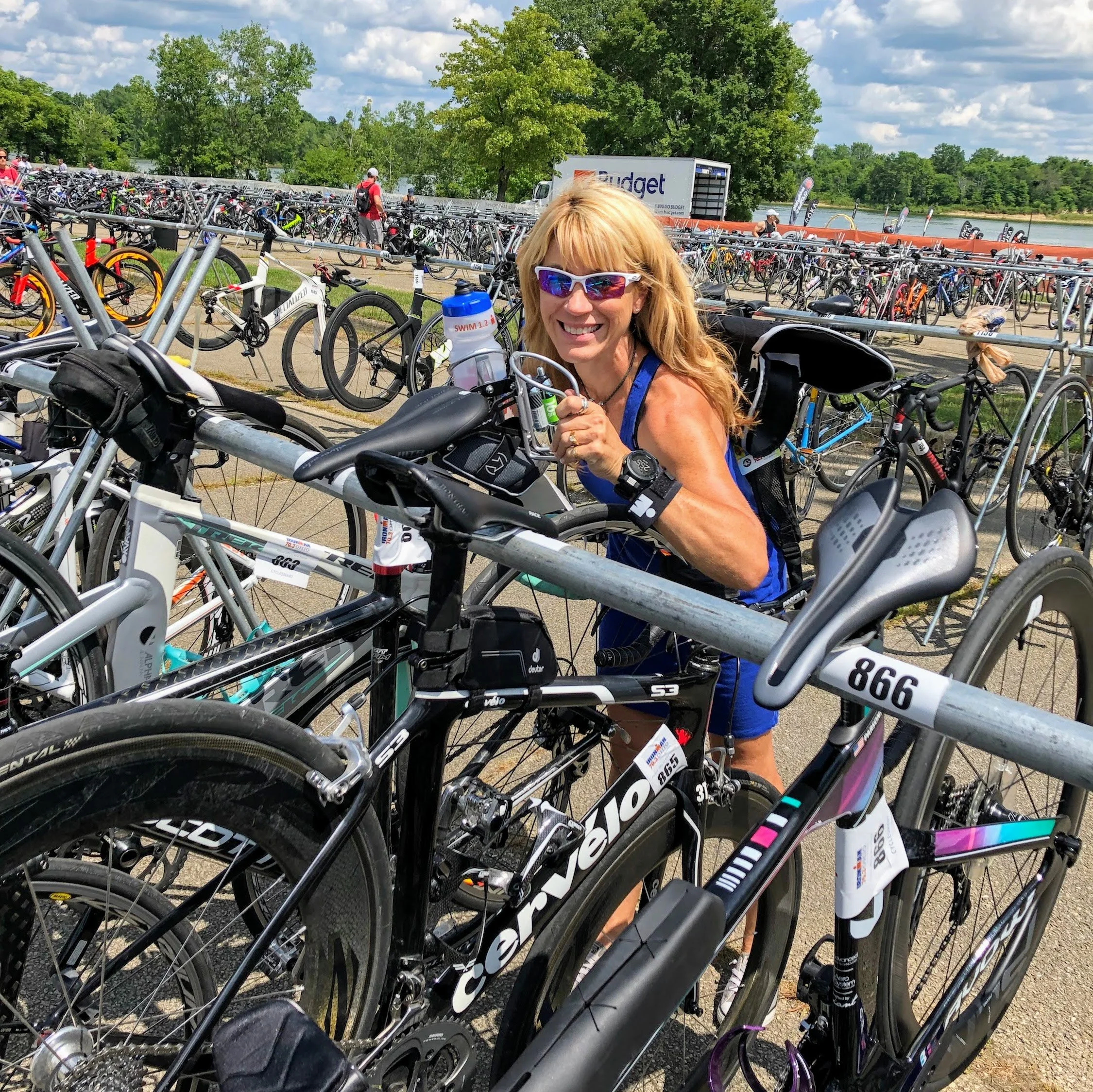Amy talks about what run cadence is, how to track it and why we should pay attention to it.
Read MoreCreated with endurance athletes in mind. Coaches Amy and Liz have a combined thirty years of coaching and seven decades of competing in endurance sports. They cover topics relevant to athletes at various levels of participation: those training for a personal challenge to those competing for an age group placement or race qualification.
Amy talks about the importance of a positive mindset when aging and how that helps our physical performance.
Read MoreA kickboard has advantages and disadvantages for triathletes. Listen to find out what those are and how to decide what’s best for you!
Read MoreAmy explains how the feet and ankles impact the knees and hips.
Read MoreReturning to the road after a winter of inside riding can be risky if you aren’t prepared. Listened to find out how you can prepare your brain and body for outside riding even while on your indoor trainer!
Read MoreGround contact time impacts everything in running from efficiency to injury. Listen to find out what is ground contact time, how to measure it, and when it may need improving.
Read MoreWe all have times where we aren’t sure if we should proceed with a training session or even a race. Listen to find out when it’s ok to push through and when it’s better to opt out.
Read MoreFlip Turns are controversial in triathlon swimming but if we think of them not as a skill but as a tool to build fitness the conversation changes. Listen to find out when and why triathletes should consider flip turns.
Read MoreThe musculoskeletal system develops at a different rate than the cardio system for running. Understanding this and how to manage your run progression will help prevent injury and improve performance.
Read MoreFor triathlon, we must build both cardiovascular and muscular fitness. Swimming, biking, and running each require sport specific workloads to build fitness. Listen to find out more!
Read MoreIron deficiency in endurance athletes impacts our ability to handle training load, adapt to training stress, and recover for our next sessions. Find out the many ways we actually “lose” iron during training and how to manage iron levels so you stay healthy and perform to your best.
Read MoreOnce we have descent freestyle form, introducing speed and strength is an important next step. Listen to find out how to do that effectively and what to expect as you get faster in the water.
Read MoreWhere your gaze goes, your head and body follow. Find out in this quick episode where you should be looking when you run and why it matters!
Read MoreAnkle flexibility impacts our ability to point our toes. And, the ability to point our toes is critical to developing a powerful freestyle kick. Listen to find out why!
Read MoreRunners almost inevitably deal with injuries. In this cast, Amy covers the critical steps to take in the first 72 hours of an acute injury that does not require a trip to the emergency room.
Read MoreAmidst the endless kinds of goggles available today, there are now ones that display your pace in real time in the goggle lens. Are they worth the investment? It depends. Listen to find out if they are right for you.
Read MoreThe big toe plays an exceptionally important role in our run gait. It helps control the foot and impacts how effectively our gluts produce the power that moves us forward. Listen to find out more about how this small joint carries a big load for running!
Read MoreThe catch is a small but critical part of an effective freestyle pull. It’s also one of the most common places mistakes lurk. Find out what it is and why it matters in this latest episode.
Read More